Aileen Wuornos: America’s ‘first female serial killer’
Aileen Wuornos murdered at least six men along the Florida highways in late 1989 and 1990
Known as America’s first female serial killer, Aileen Wuornos carried out a string of notorious and brutal murders along the dark highways of Florida in late 1989 and 1990.
A victim of child abuse herself, in adult life Wuornos was a petty criminal who worked as a sex worker.
It was during this work that she shot and killed six – possibly seven – men, typically dumping their bodies in remote wooded areas and stealing their possessions.
Wuornos claimed she killed her victims in self-defence when the men became violent towards her.
She was arrested in 1991 and convicted of murder the following year, being handed six death sentences.
Wuorno was executed by lethal injection on 9 October 2002 after spending a decade on death row.
Who was Aileen Wuornos?
Wuornos, then known as Aileen Carol Pittman, was born on 29 February 1956 to teenage parents in Rochester, Michigan. Her mother Diane was just 16 when she gave birth to Wuornos – her second child.
After Wuornos’ father Leo was jailed for raping a minor (later taking his own life in his prison cell), her mother abandoned the children, leaving them in the care of her own alcoholic parents.

Growing up, Wuornos was sexually abused by her grandfather, committed incest with her brother Keith and was raped and impregnated by a family friend.
After being forced to give up the child for adoption aged just 15, she was driven out of her grandparents’ home and forced to live in the woods, where she turned to sex work to earn money for food.
She then hitchhiked her way to the south, where she met and married Florida yacht club president Lewis Gratz Fell, 69, in 1976. The union appeared to be a search for security after a troubled upbringing but it didn’t last.
Just nine weeks after the wedding, it was annulled and Wuornos returned to an itinerant life of barroom brawls, petty crime and periodic suicide attempts, living for a time off the $10,000 she had received from Keith’s life insurance policy after he died of esophageal cancer.
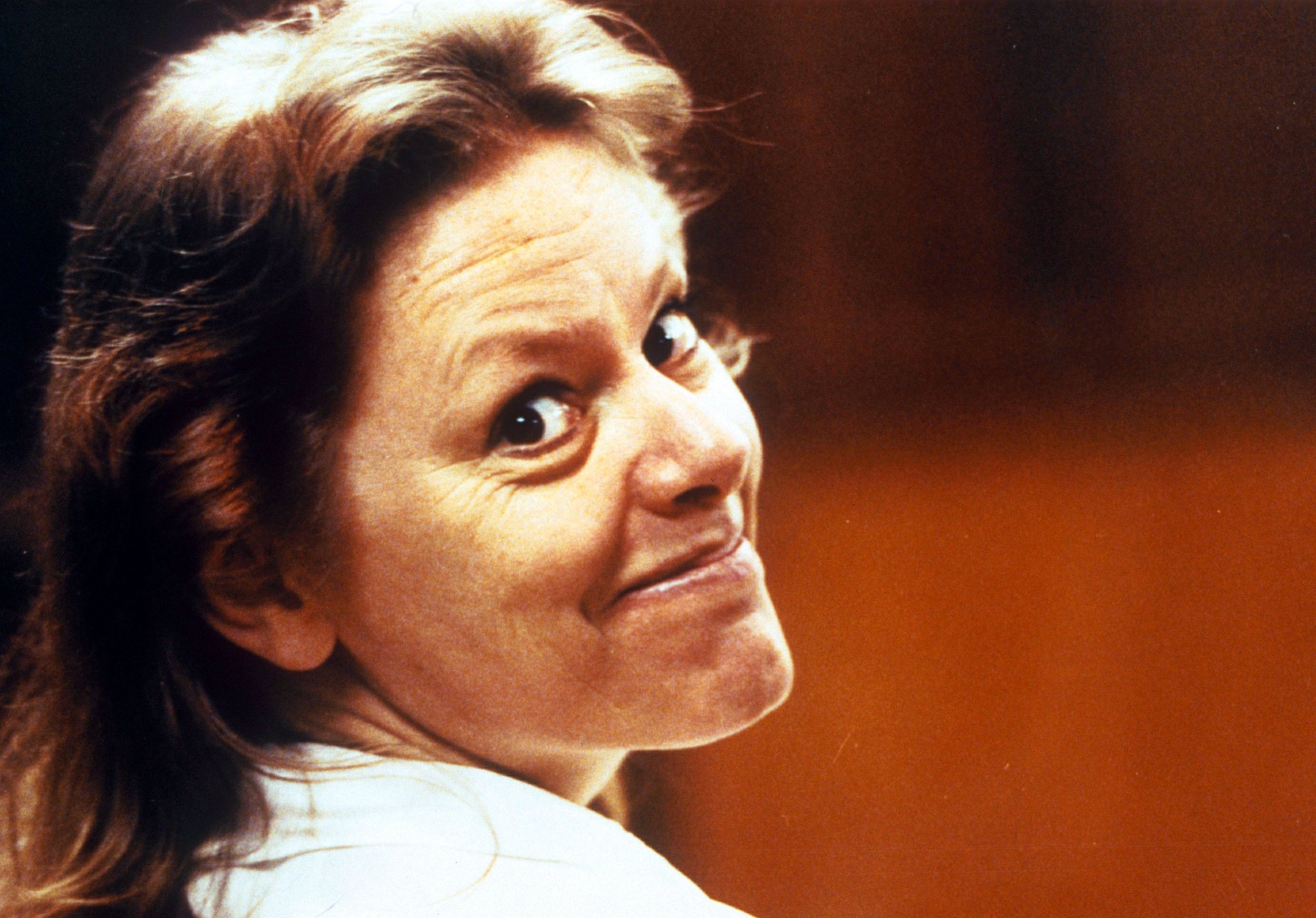
Throughout the 1980s, she was regularly in trouble with the law, engaging in armed robbery, car theft and disorderly conduct, leaving a trail of chaos in her wake. In 1986, she met Tyria Moore, a 24-year-old Daytona Beach motel maid, at a gay bar.
They fell in love and Wuornos tried to support Ms Moore with her earnings from sex work.
What did Aileen Wuornos do?
Operating along Florida’s highways in the late 1980s, Wuornos is believed to have murdered up to seven men between 1989 and 1990. All of the victims were motorists who had approached her as sex work clients.
The first victim was Richard Mallory, a 51-year-old electronics store owner, who was shot dead on 30 November 1989. His body was found in a wooded area two weeks later, riddled with bullets.
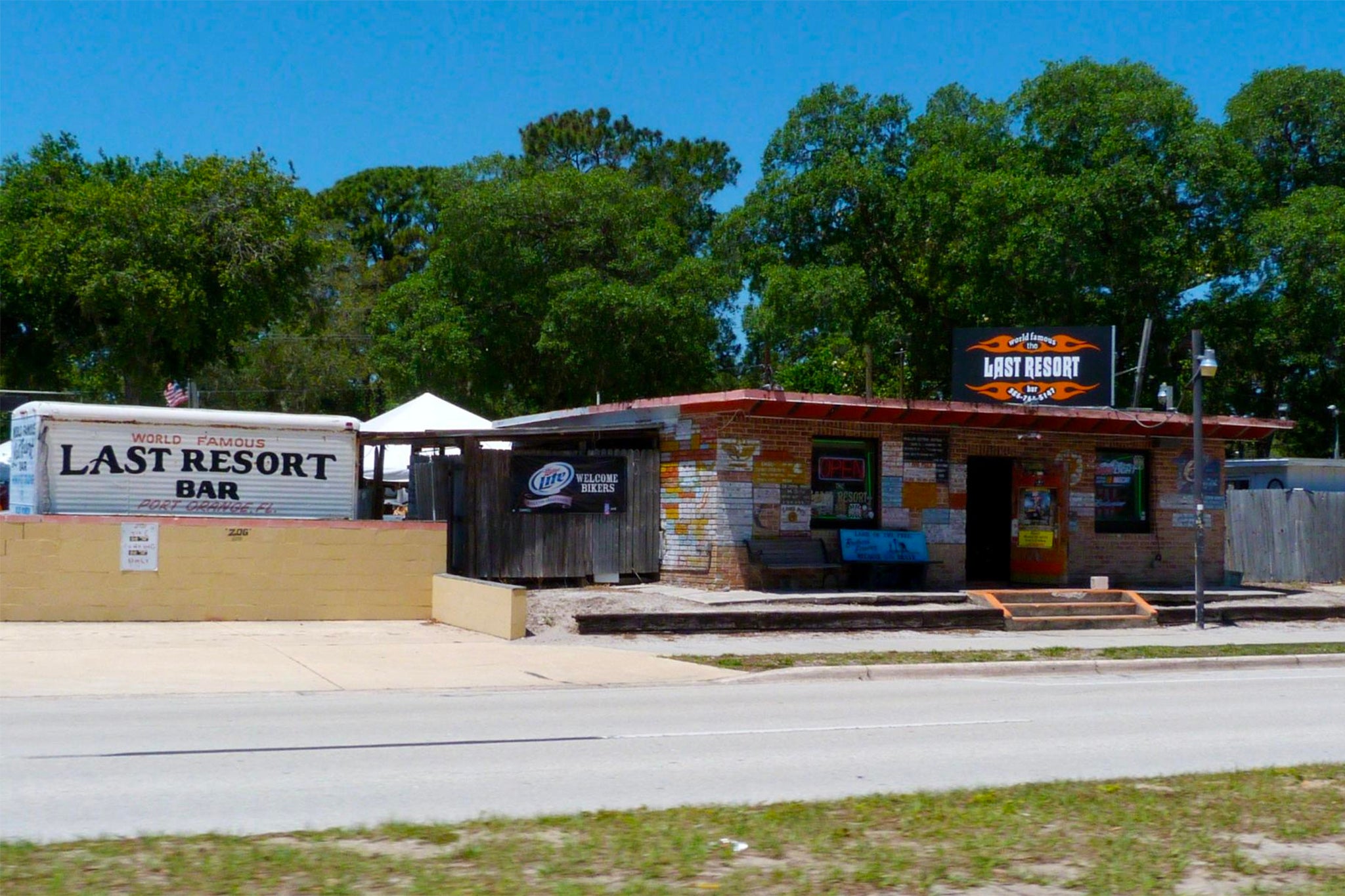
Wuornos claimed that Mallory had beaten and raped her after he picked her up.
It later emerged that Mallory had a prior conviction for attempted rape in Maryland, adding credibility to Wuornos’ account.
The bodies of five other missing men were discovered between 1 June and 19 November 1990, all traced back to Wuornos.
The victims were:construction worker David Andrew Spears, 47; rodeo rider Charles Edmund Carskaddon, 40; salesman Troy Eugene Burress, 50; retired US Air Force major and police chief Charles Richard Humphreys, 56; and trucker and security guard Walter Jeno Antonio, 62.
Wuornos is also believed to have killed and robbed a seventh man – retired merchant seaman Peter Abraham Siems, 67 – during the same period. He was reported missing but his body has never been found.
How did she get caught?
The law finally caught up with Wuornos when Siems’ car was found crashed along a roadside and her palm print was discovered on an interior door handle.
Wournos was arrested at The Last Resort biker bar in Port Orange, Volusia County, on 9 January 1991 and Ms Moore in Pittston, Pennsylvania, the following day.
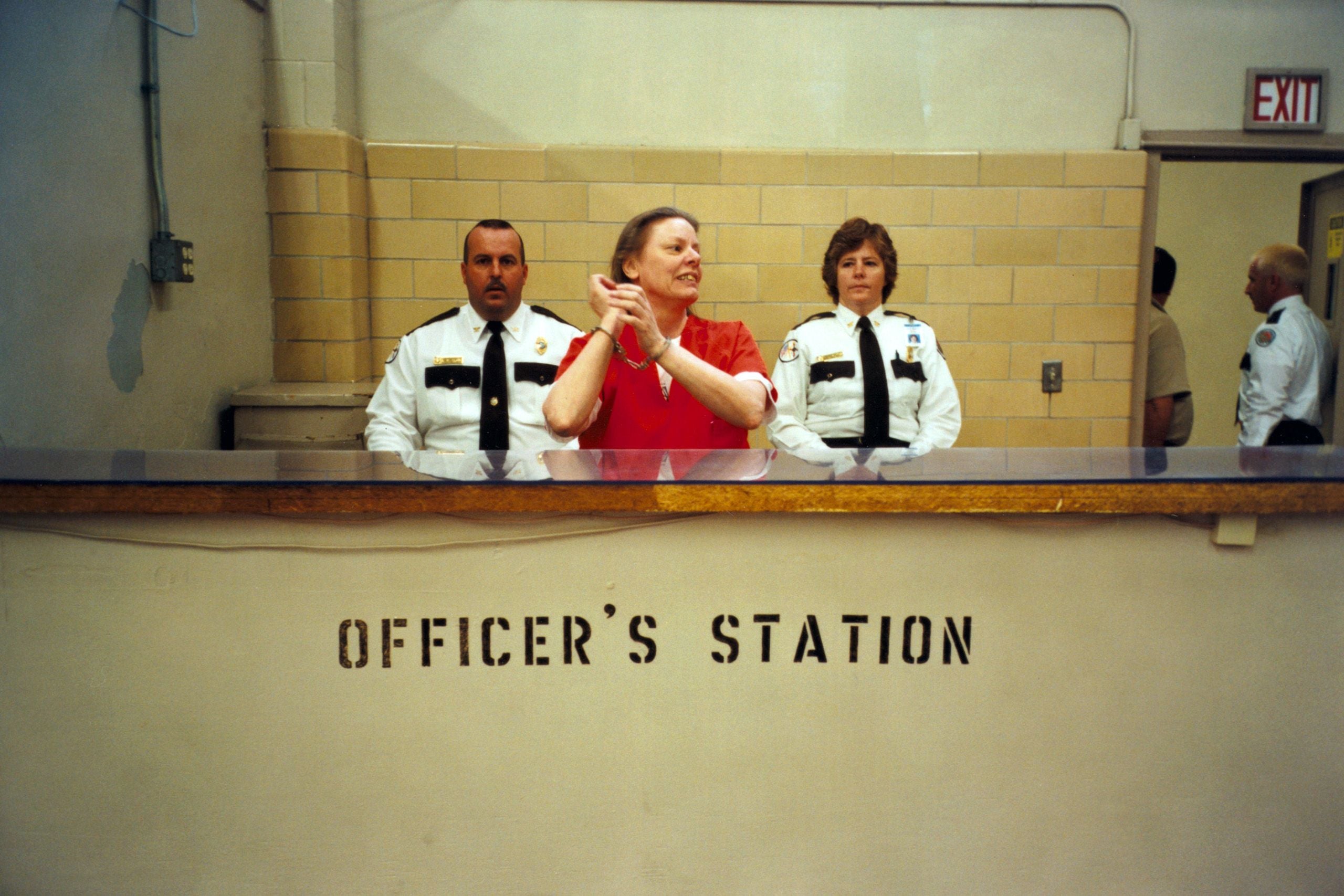
Ms Moore was persuaded to turn on her lover and elicit a confession from her.
During a taped phone call on 16 January, Wuornos duly admitted to Ms Moore that she had carried out the murders.
On 27 January 1992, Wuornos was convicted of Mallory’s murder.
During her trial, psychiatrists for the defence argued that she was mentally unstable and suggested that she may be suffering from borderline personality disorder.
Despite this, Wuornos was sentenced to death for the murder.
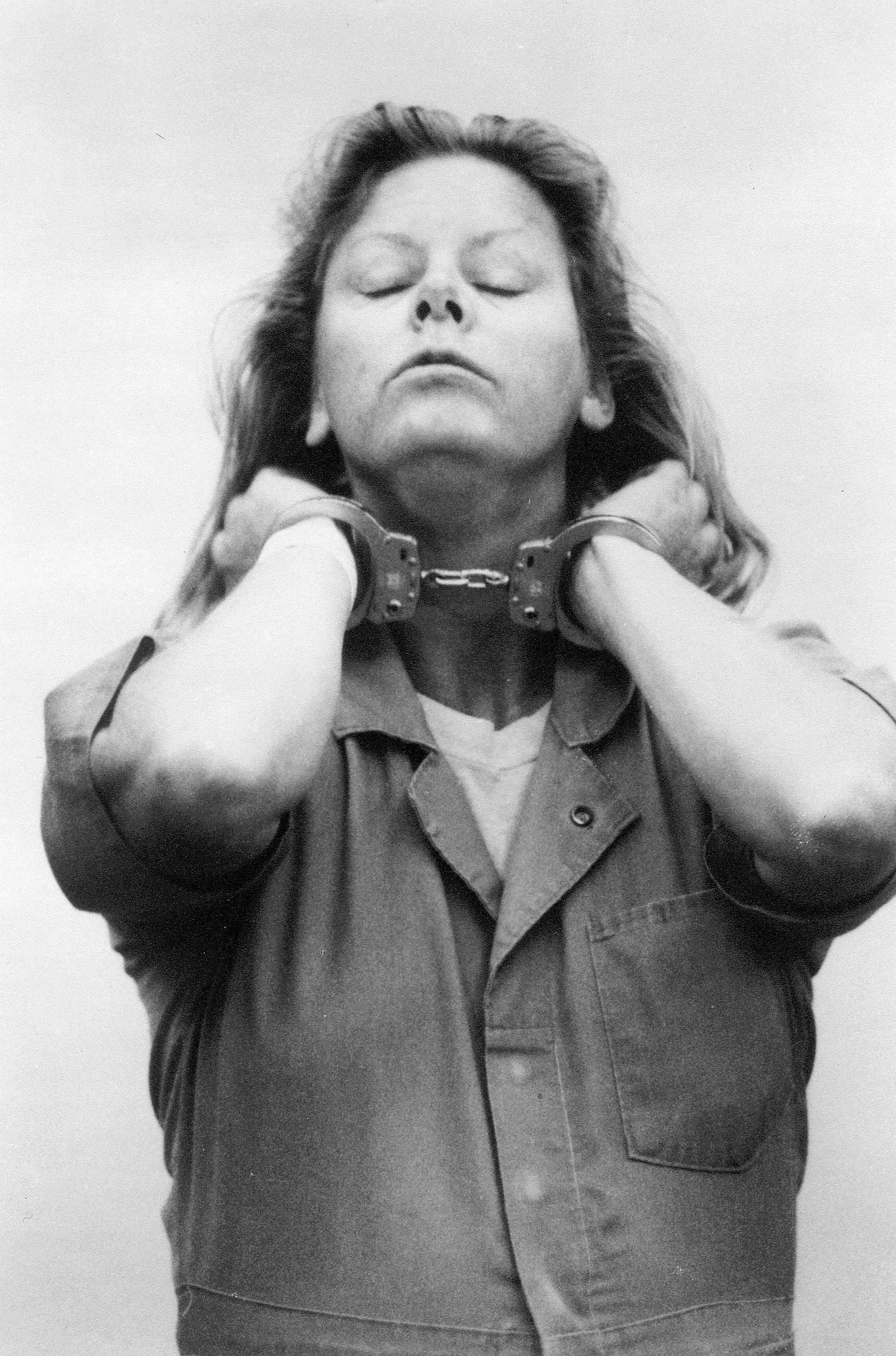
On 31 March 1992, she then pleaded no contest to the killings of Spears, Burress and Humphreys, receiving three more death sentences. She later pleaded guilty to the murders of Carskaddon and Antonio and was again sentenced to death.
Siems’ murder is the only one she was not compelled to answer to, due to the fact that there was no body.
How did Aileen Wuornos die?
Wuornos spent the next decade on death row at the Florida Department of Corrections’ Broward Correctional Institution.
In 2001, Wuornos wrote to the state Supreme Court renouncing all remaining appeals on her behalf and declaring: “I killed those men, robbed them as cold as ice. And I’d do it again, too.”
She was transferred to the Florida State Prison ahead of her execution in October 2002.
For her final meal, Wuornos chose to have only a cup of coffee.
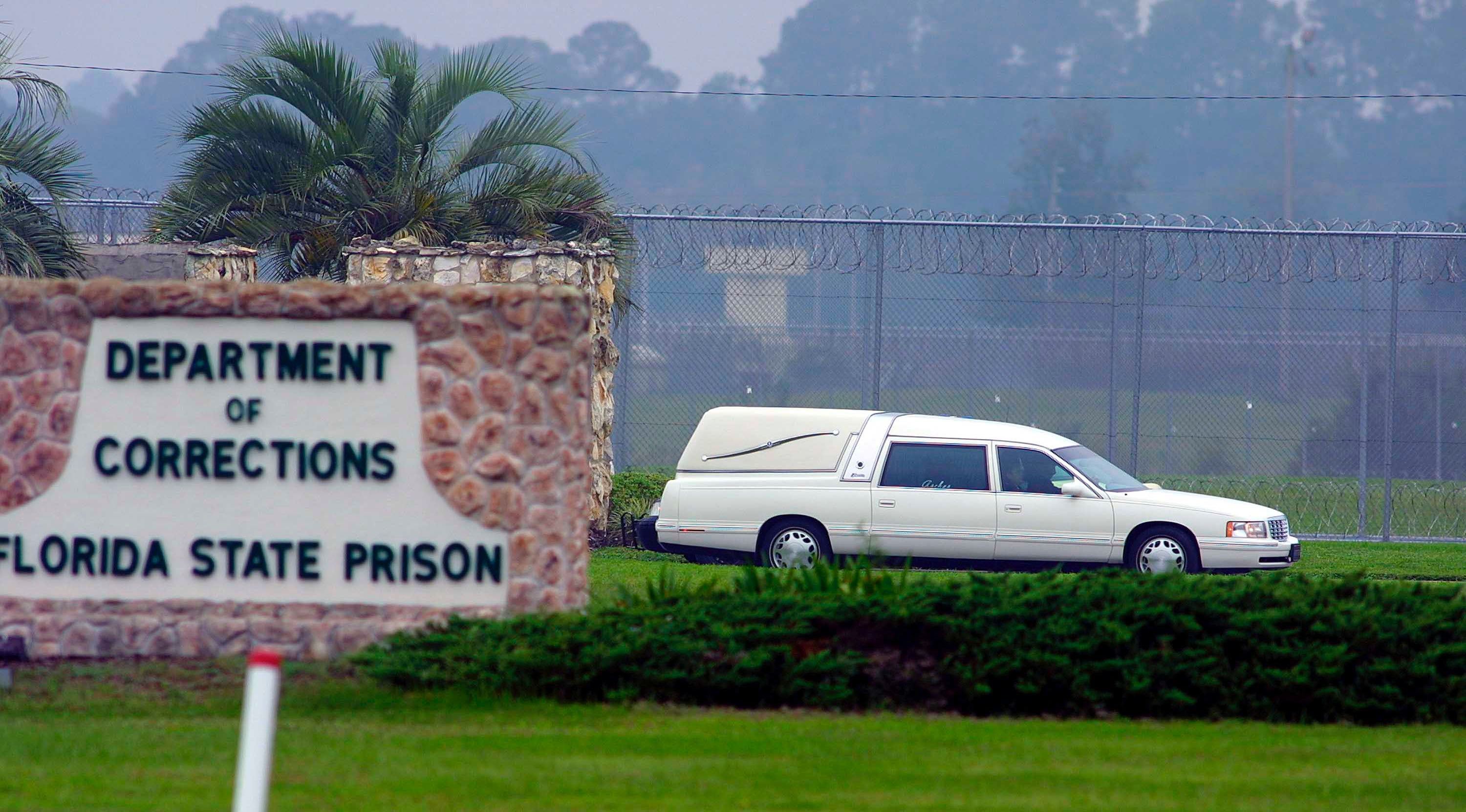
Her final words are recorded as: “Yes, I would just like to say I’m sailing with the rock, and I’ll be back, like Independence Day, with Jesus. June 6, like the movie. Big mothership and all, I’ll be back, I’ll be back.”
Wuornos’ story has been told several times on the big screen.
British filmmaker Nick Broomfield interviewed her during her time on death row, for his film Aileen Wuornos: The Selling of a Serial Killer (1993). He later made a second documentary, Aileen: Life and Death of a Serial Killer (2003) – which reflected on her hard life.
Wuornos’ story was also told in Patty Jenkins’ Oscar-winning movie Monster (2003) starring Charlize Theron.
Subscribe to Independent Premium to bookmark this article
Want to bookmark your favourite articles and stories to read or reference later? Start your Independent Premium subscription today.

